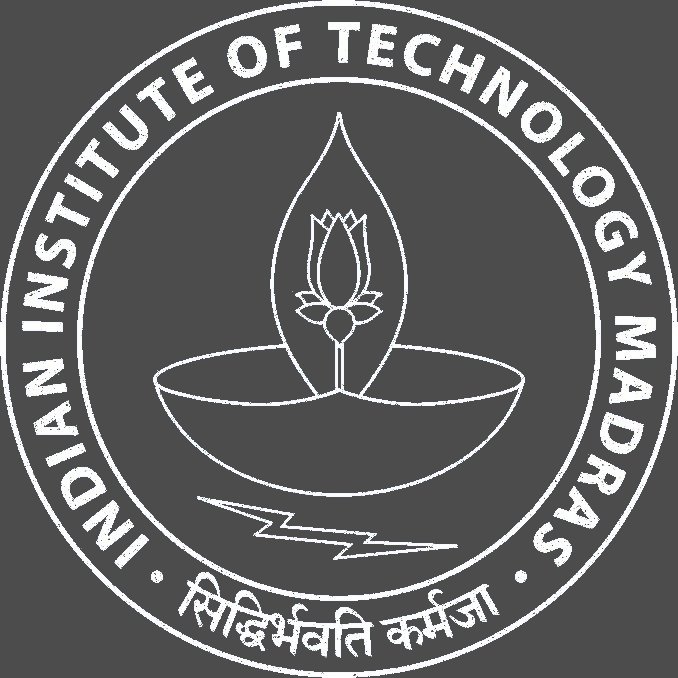
Research interests
My main research interests are approximate computing, statistical and noise analysis of systems, model order reduction and design optimization.
Approximate Computing: My interest ranges from approximate arithmetic circuits, sparsification (especially in neural networks) and approximate inference in Bayesian networks. I am also interested in approximate methods for scientific computing, including random sampling and projection based methods.
Statistical timing analysis: It is to do with timing and critical path analysis when delay models of standard cells have a random component due to intra-die process variations. In this case, every path has a probability of being the critical path in some die. This is called the criticality of the path. My students (S.Ramprasath, M.Vijaykumar and P.R.Chithira) and I have worked on efficient computation of criticality and using it for timing optimization.
Reduced order modelling: Repeated transient simulations of large circuits is expensive. But it is very often required in order to optimize the interconnect or the circuit. The objective of reduced order modelling is to find a smaller set of equations that captures the information that is required - for example, the smaller model could capture only the dominant pole information and throw away the contribution of parasitics. Here, I have been working on issues relating to stability of the reduced order model, frequency-weighted modelling and efficient computation of singular value decomposition. I also collaborate with Prof. M.Ramakrishna of Aerospace Engineering to explore applications in CFD.
Noise analysis: I have worked extensively on noise and jitter analysis of time-varying systems, including data converters and PLLs. Here is a general technique to obtain the (possibly time-varying) power spectral density at the output of a time-varying system excited by white noise. I also have come up with a general framework for analysis of jitter in sigma-delta comverters. (pdf)